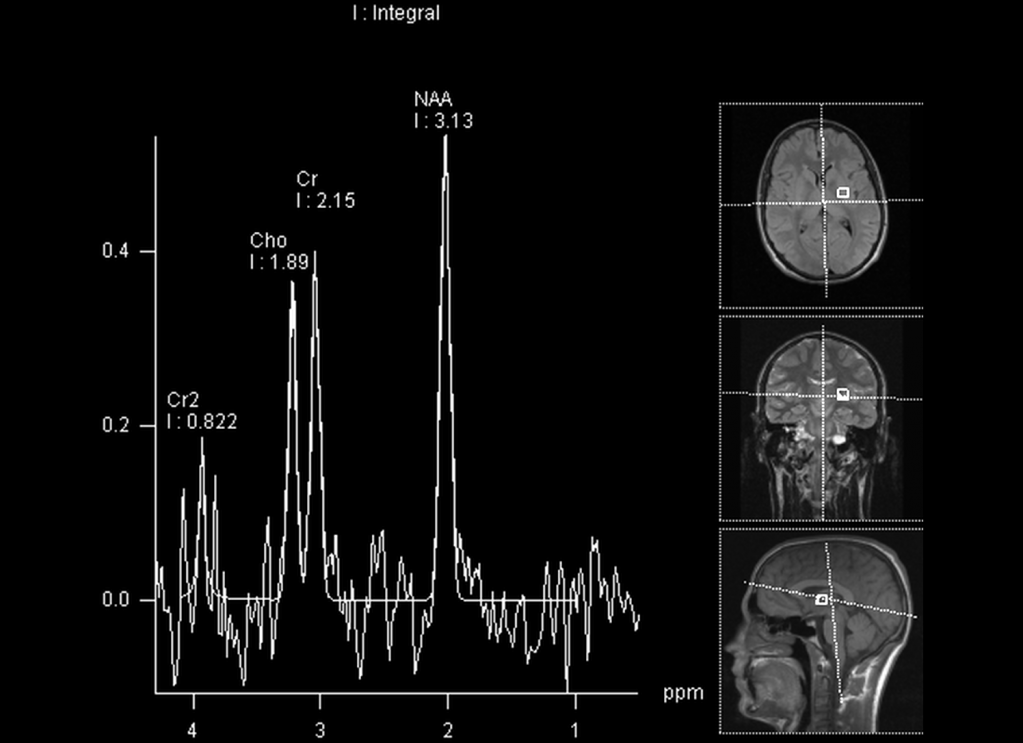

Increases in BCKAs levels result in a characteristic odor of the Increased circulating levels ofīCAAs and their corresponding branched-chain keto acids (BCKAs) inīlood and cerebrospinal fluid are neurovirulent and may become The metabolism of branched-chain amino acids (BCAAs), including MSUD is characterized by a deficiency of theīranched-chain α-ketoacid dehydrogenase (BCKD) complex, affecting Increased rate of consanguineous marriages ( 4). Incidence in some regions is expected to be higher due to an Recessive disorder with an incidence of 1 in 185,000 children Was first reported by Menkes et al ( 2) in 1954. Increasing attention due to the potential neurological damage Maple syrup urine disease (MSUD Online Mendelian Inheritance in In the wide array of inherited metabolic disorders, In the present study, it was hypothesized that the two novel heterozygous mutations in the BCKDHB gene found in the Chinese family may be responsible for the phenotype of the two siblings with MSUD. Neither of the BCKDHB alleles in the compound heterozygote patients is able to generate normal E1β subunits, resulting in a possible impairment of the activity of the BCKD complex. The missense mutation c.1076G>A results in an amino acid substitution from arginine to lysine at position 359 (p.Arg359Lys), whereas the mutation c.705delT results in the replacement of a cysteine at position 235 with a stop codon (p.Cys235Ter). Genetic screening was performed, and the boy and his sister exhibited two novel compound heterozygous mutations in the branched chain keto acid dehydrogenase E1 subunit β (BCKDHB) gene: A substitution from guanine to adenine in the coding region at position 1,076 (c.1,076G>A) in exon 10 and a deletion of a thymine at position 705 (c.705delT) in exon 6.

Of note, his 10‑year‑old sister presented similar symptoms during the neonatal period, and her condition was diagnosed as MSUD when she was 1.5 years old. An 11‑day‑old boy was admitted to the hospital with paroxysmal spasticity of lower extremities. Impairment of the BCKD complex results in an abnormal accumulation of branched‑chain amino acids and their corresponding branched‑chain keto acids in the blood and cerebrospinal fluid, which are neurovirulent and may become life‑threatening. Maple syrup urine disease (MSUD) is a rare autosomal recessive metabolic disorder caused by mutations in genes that encode subunits of the branched‑chain α‑ketoacid dehydrogenase (BCKD) complex.


 0 kommentar(er)
0 kommentar(er)
